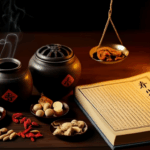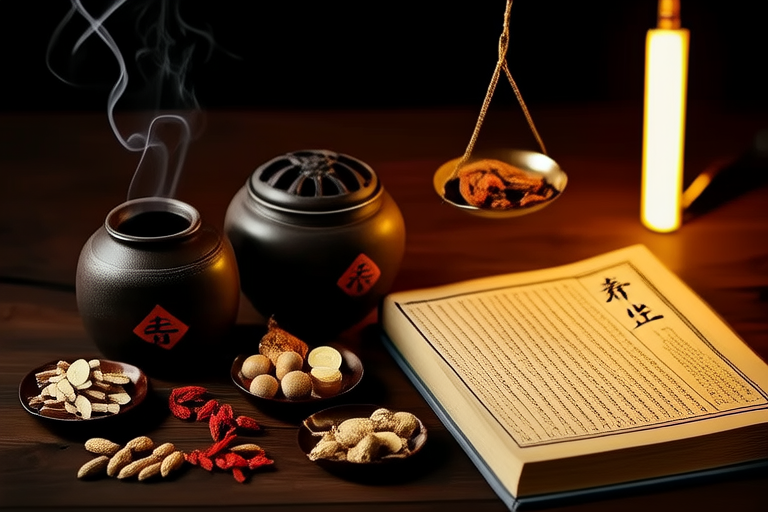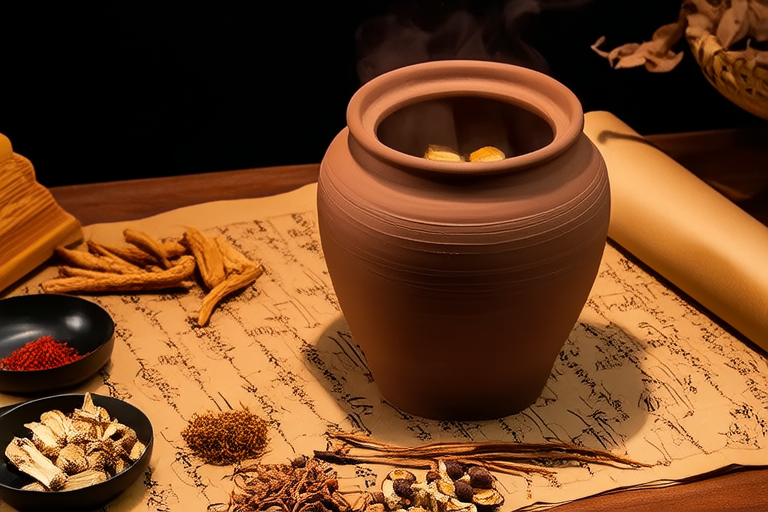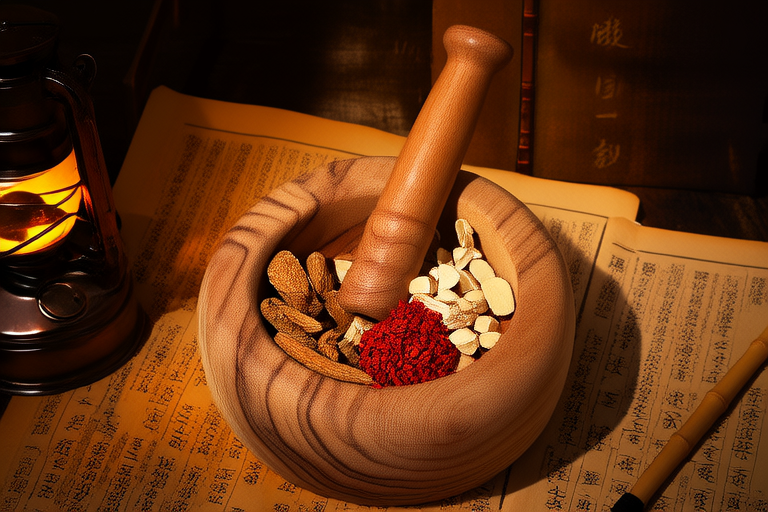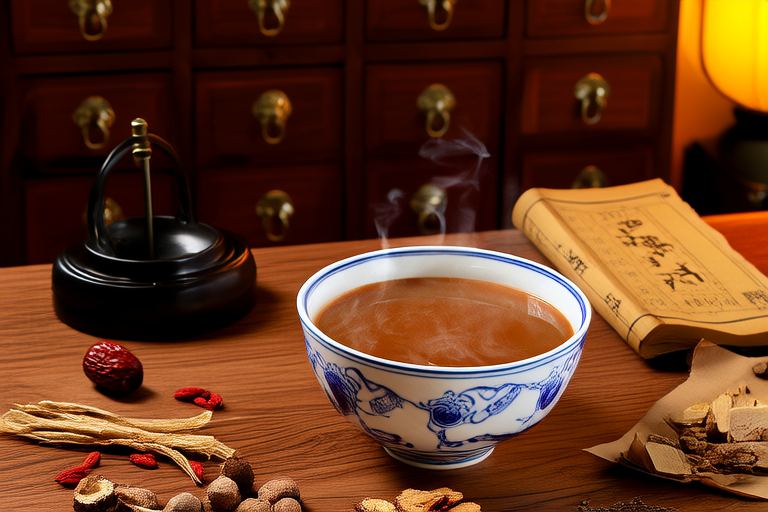Introduction to Health Preservation: Exploring Secrets of Traditional Chinese Medicine
Traditional Chinese medicine (TCM) has been practiced for thousands of years and is still widely used today. It emphasizes the importance of maintaining balance and harmony within the body to promote health and prevent disease. This article will introduce you to the basic concepts of TCM, such as yin-yang balance and the five elements theory, and explain how these theories can be applied to health preservation. We’ll also discuss common TCM methods for health preservation, including dietary therapy, acupuncture, massage, qigong, and herbal medicine. Finally, we’ll share some simple and practical daily health preservation tips to help you incorporate TCM principles into your life.
The Basic Concepts of Traditional Chinese Medicine
The two most fundamental concepts in TCM are yin-yang balance and the five elements theory. Yin and yang represent opposite but complementary forces that exist in all things. Yin represents cold, dark, passive, and feminine qualities, while yang represents hot, light, active, and masculine qualities. The goal of TCM is to maintain a balance between yin and yang within the body to promote health. Any imbalance between yin and yang can lead to illness.
The five elements theory is another important concept in TCM. The five elements – wood, fire, earth, metal, and water – correspond to different organs and functions in the body. Each element is associated with a specific season, color, emotion, and taste. For example, wood corresponds to spring, green, anger, and sourness; fire corresponds to summer, red, joy, and bitterness; earth corresponds to late summer, yellow, worry, and sweetness; metal corresponds to autumn, white, grief, and pungency; and water corresponds to winter, black/blue, fear, and saltiness. The five elements interact with each other through a cycle of generation and control. By understanding the relationships between the five elements, TCM practitioners can diagnose and treat imbalances in the body.
Dietary Therapy
Dietary therapy is an essential part of TCM health preservation. TCM believes that food has different properties, such as cold, cool, warm, and hot, which can affect the balance of yin and yang in the body. Therefore, it’s important to eat foods that suit your constitution and the season. For example, during the hot summer months, it’s recommended to eat cooling foods like cucumbers, watermelon, and mint tea to avoid overheating the body. In contrast, during the cold winter months, it’s recommended to eat warming foods like ginger, garlic, and lamb to keep the body warm.
In addition to balancing yin and yang, dietary therapy also focuses on nourishing the body’s vital energy (qi). Qi is considered the life force that flows through the body and maintains its functions. TCM believes that qi can be strengthened by eating foods rich in nutrients, such as whole grains, vegetables, fruits, and lean meats. Qi can also be weakened by poor dietary habits, such as overeating, eating too much raw or cold food, and consuming too much sugar or alcohol. Therefore, it’s important to eat a balanced diet and avoid excessive consumption of harmful substances.
Acupuncture and Massage
Acupuncture and massage are two commonly used TCM methods for health preservation. Acupuncture involves inserting thin needles into specific points on the body to stimulate the flow of qi and blood. These points are located along meridians, which are channels through which qi flows. By stimulating these points, acupuncture can help relieve pain, reduce stress, improve digestion, and enhance overall well-being.
Massage, also known as tuina in TCM, involves applying pressure to specific points and areas of the body to promote circulation and relax muscles. Like acupuncture, massage can help relieve pain, reduce stress, and improve digestion. It can also help improve posture, increase flexibility, and enhance the immune system. Both acupuncture and massage can be used to treat various conditions, such as headaches, back pain, digestive disorders, and anxiety.
Qigong
Qigong is a form of exercise that combines physical movements, breathing techniques, and mental focus to cultivate and regulate qi. There are many different styles of qigong, each with its own unique set of movements and benefits. Some styles focus on improving physical strength and flexibility, while others focus on cultivating inner peace and spiritual awareness. Regardless of the style, qigong can help improve circulation, strengthen the immune system, reduce stress, and promote overall well-being.
To practice qigong, start by finding a quiet place where you won’t be disturbed. Sit or stand in a comfortable position, close your eyes, and focus on your breath. Breathe deeply and slowly, allowing your mind to clear. As you continue to breathe, imagine that you’re drawing qi from the earth and sending it up through your body. Move your arms and legs in smooth, flowing motions, following the rhythm of your breath. Focus on the sensations in your body and try to let go of any tension or stress. Continue practicing for several minutes or longer, depending on your comfort level.
Herbal Medicine
Herbal medicine is one of the most widely used methods in TCM for health preservation. TCM practitioners use a wide variety of herbs to treat various conditions and promote health. Herbs can be taken in different forms, such as teas, pills, tinctures, and powders. They can be used alone or in combination with other herbs to create complex formulas tailored to individual needs.
Herbal medicine can be used to treat a wide range of conditions, including digestive disorders, respiratory infections, skin problems, and hormonal imbalances. It can also be used to promote general health and wellness by strengthening the immune system, reducing inflammation, and improving circulation. However, it’s important to consult with a qualified TCM practitioner before taking any herbal remedies, as some herbs can interact with medications or have side effects if not used properly.
Simple Daily Health Preservation Tips
Here are some simple and practical daily health preservation tips to help you incorporate TCM principles into your life:
- Eat a balanced diet that includes a variety of whole foods, such as whole grains, vegetables, fruits, and lean meats.
- Avoid excessive consumption of processed foods, sugary drinks, and alcohol.
- Practice good sleep hygiene by going to bed and waking up at the same time every day, creating a relaxing bedtime routine, and avoiding screens before bed.
- Stay physically active by engaging in regular exercise, such as walking, yoga, or tai chi.
- Manage stress through relaxation techniques, such as deep breathing, meditation, or qigong.
- Stay hydrated by drinking plenty of water throughout the day.
- Protect yourself from environmental toxins by avoiding exposure to pollutants, chemicals, and radiation.
- Get regular check-ups and screenings to detect potential health issues early.
By incorporating these simple daily health preservation tips into your life, you can promote balance and harmony within your body and enhance your overall well-being.


